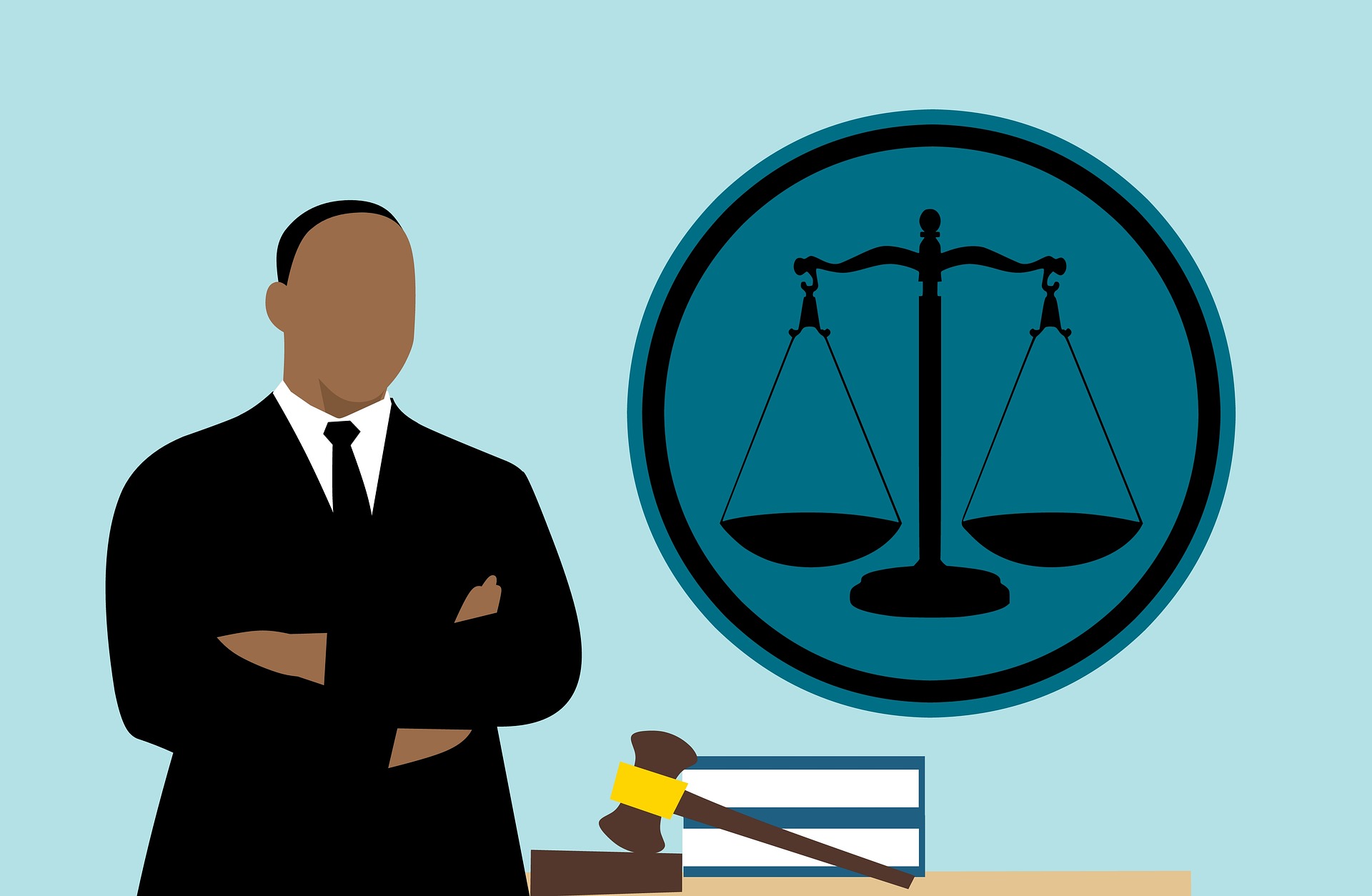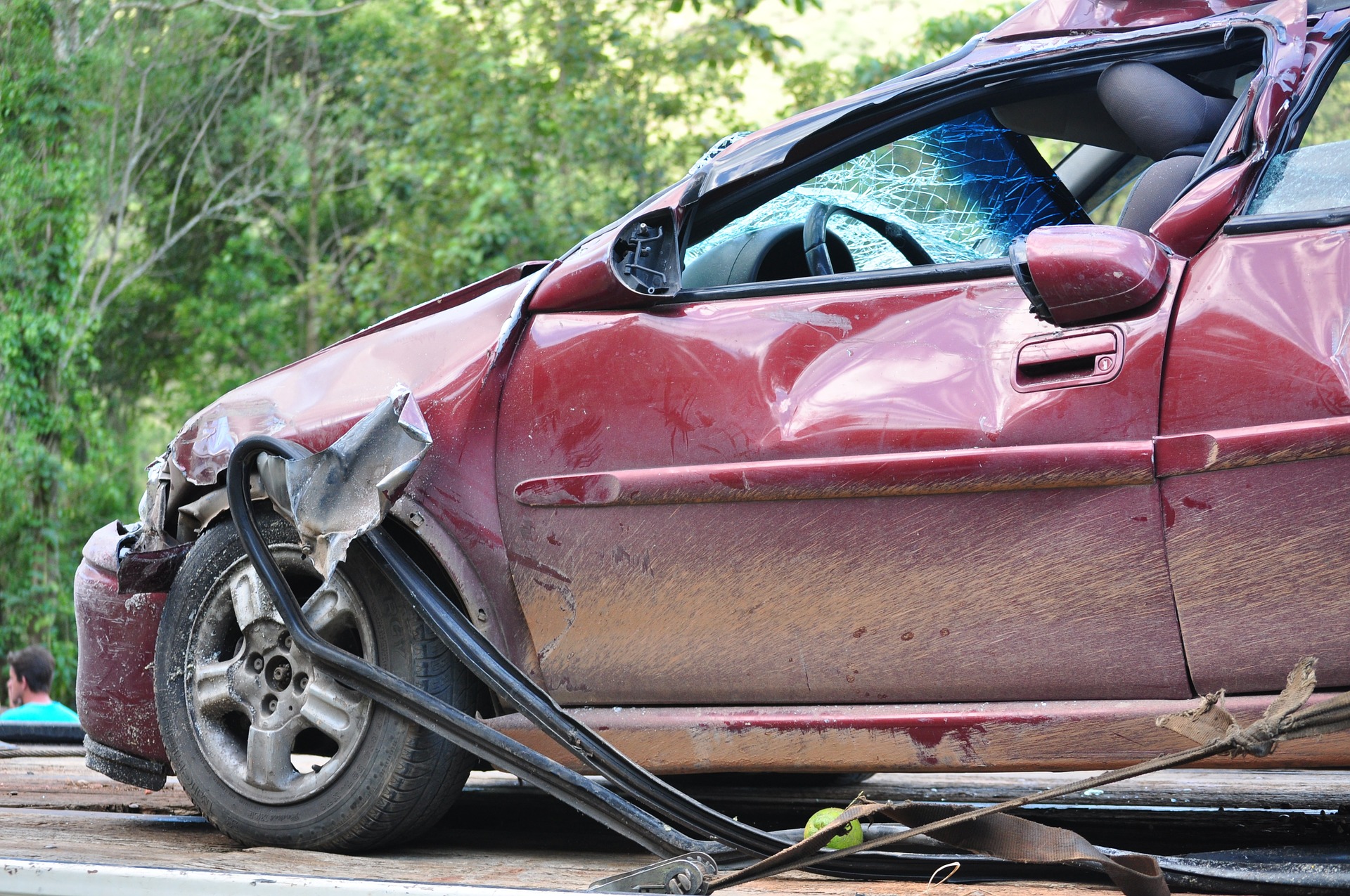Car accidents are by definition complicated, and when more than one person is to blame for one, they can get even more so. That is why it is so important to fully understand what just happened and where to place the blame. It is necessary to determine the group of people or an individual, whatever the case may be and figure out where responsibility is to be assigned for the crash and the resulting trauma.
When We Talk About Fault, What Do We Mean?
Legally, fault refers to the person accountable for affecting harm. This harm might have happened through careless actions that may be defined as negligence. Once the fault has been determined, the individual at fault is bound to pay-up compensation entirely for causing damage and other material or physical losses that result as a consequence of that injury. In case a lawsuit pertaining to a personal injury ends up at court, a civil jury can decide the result of the verdict in favor, which in turn could be a very substantial amount.
Yet, in some cases, more than one person may be at fault. That means that both people involved in the accident may have contributed to it happening to a greater or lesser degree. This may result in both of them being considered at fault. To determine the amount of blame that falls on each individual in an injury case of a personal nature, all states follow some version legalities which involve one of two rules:
- Contributory negligence
- Comparative negligence
Contributory Negligence:
Negligence of a contributory nature considers that if you are in any way guilty of causing your own injury, you do not have the right to make anyone else accountable for it. In an ideal Contributory Negligence structure, if you are even 1% at fault, the law withholds you from collecting any compensation from a person who is potentially 99% at fault, even if you’re out hundreds of thousands of dollars in damages. If it is determined that you have been marginally negligent, you receive nothing. Although an extremely harsh rule, it is still commonly used in some states.
Comparative Negligence:
The first thing that must be figured out if one needs to understand the comparative negligence legality, is the extent of fault that falls on each person that was involved in the accident. In most instances, both individuals turn out to be negligent to a certain degree. The sitting judge or the as the case may be, would determine the percentage or quantum of fault assigned to each that contributed to the accident. It may be determined that one of them is 60% responsible while the other one is only 40% to blame. In these cases, each party can collect damages that are commensurate to the percentage of fault that would be assigned to the other party.
Some states adhere to a strict comparative negligence rule, while others hold a structured point to determining the quantum of fault assigned to an injured plaintiff.
What Legal Rule Does Florida Follow?
Florida is a pure comparative negligence state.
If you have been involved in a car accident and need someone to be by your side, there are several reputable personal injury lawyers, like the attorneys at Friedland& Associates, who are knowledgeable about the ins and outs of the Fort Lauderdale civil courts and car accident litigation. Call them today to receive a free consultation.
Read Also:






















